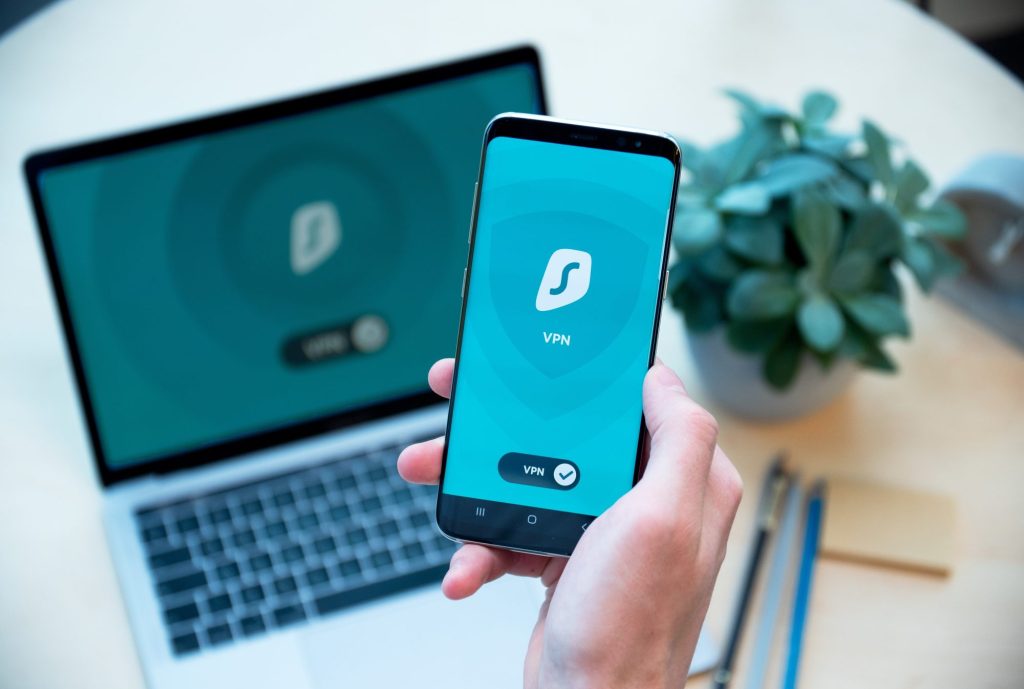17 Jun Tales of Hotel Wi-Fi Security and Defying Digital Intruders
Within the confines of hotel rooms, where weary travellers seek respite and connection to the digital world, lurks an invisible menace that threatens to compromise their personal data. The allure of hotel Wi-Fi can be irresistible, but behind its seemingly innocent facade lies the potential for cyberattacks. This article will uncover the perplexing world of hotel Wi-Fi security, unveiling some of the tactics employed by digital intruders, and equipping you with knowledge to safeguard your sensitive information.
Prepare to embark on an amazing journey as we navigate the intricate web of hotel Wi-Fi vulnerabilities.
The Chameleons of Deception: Fake Wi-Fi Networks
One of the primary methods employed by hackers is the creation of counterfeit Wi-Fi networks. These deceptive networks, often referred to as “evil twins,” mirror the legitimate hotel Wi-Fi, luring unsuspecting guests into their trap. Crafted with names like “guest Wi-Fi” or “free hotel Wi-Fi,” they appear innocuous but harbour insidious intent. Once connected, hackers gain access to your personal data and online accounts, paving the way for identity theft and financial exploitation.
However, fear not, for there are strategies to outsmart these digital chameleons.
- Verify the authenticity: Always request the precise name and password of the hotel’s Wi-Fi from the reception desk. This simple step ensures you connect to the genuine network and avoid falling victim to the clones.
- Shield yourself with a VPN: A Virtual Private Network (VPN) acts as an impenetrable shield, encrypting your data and making it impervious to prying eyes. By utilizing a reputable VPN service, you establish a secure tunnel for your online activities, effectively foiling the plans of hackers.
- Heighten your defences with a firewall: Enabling a firewall adds an extra layer of protection, safeguarding your devices against unauthorized access and potential threats emanating from the Wi-Fi network.
USB Ports: Unassuming Facades of Malice
In the quest for convenience, hotels often provide USB charging ports within their rooms. However, these innocuous ports can transform into silent accomplices of cyber criminals. Through a technique known as “juice jacking,” hackers exploit these charging ports to inject malware into unsuspecting users’ devices. Once infected, the malware grants the intruders access to sensitive information, leaving victims vulnerable to identity theft and financial loss. To thwart these threats, adopt the following precautions:
- Inspect the charging port: Before connecting your device to a USB charging port, carefully examine it for any signs of tampering or unusual features. If in doubt, it is advisable to avoid using it altogether.
- Embrace traditional power sockets: Whenever possible, rely on conventional power sockets to charge your devices. By bypassing USB ports, you eliminate the risk of falling prey to malicious intent.
- Employ USB data blockers: Utilize USB data blockers, also known as “USB condoms,” which act as intermediaries between your device and the charging port. These handy accessories ensure a safe charging experience by allowing only power flow while blocking data transfer.
Smart TVs: Watching Your Every Move
As smart technology permeates hotel rooms, the very devices intended to enhance your experience can become conduits for invasion. Smart TVs, equipped with built-in microphones and cameras, hold the potential to be compromised by hackers, enabling cyberstalking and unauthorized access to personal credentials. Shield yourself from these insidious threats with the following measures:
- Disconnect when not in use: Unplug the smart TV from power sources when not actively using it. By severing its connection to local Wi-Fi networks, you create an impenetrable barrier against prying eyes and ensure your privacy remains intact.
- Cover your tracks: Take a proactive approach by covering the built-in cameras of the smart TV. This simple act safeguards against potential surveillance attempts by hackers seeking to invade your personal space.
- Avoid logging in with personal credentials: Resist the temptation to log in to personal accounts or streaming platforms using your credentials on the smart TV. Opt for alternative methods, such as using your smartphone or laptop to access these platforms securely.
The Power of Choice: Disabling Automatic Wi-Fi Connections
In the era of ubiquitous connectivity, automatic Wi-Fi connections can inadvertently expose travellers to potential cyber threats. Public and insecure networks abound, providing fertile ground for hackers to launch their attacks. To reclaim control over your online security, consider the following steps:
- Disable automatic connection: Adjust the settings on your devices to disable automatic connection to Wi-Fi networks. By doing so, you regain the power to choose which networks to join, ensuring they meet your security standards.
- Exercise caution in public spaces: When connecting to public Wi-Fi networks, exercise caution and verify the legitimacy of the network before entering sensitive information or engaging in online transactions. Be wary of networks with generic or suspicious names and prioritize networks offered by trusted establishments.
- Utilize mobile data or personal hotspots: In situations where you are unsure of the security of available Wi-Fi networks, rely on your mobile data or create a personal hotspot using your smartphone. This provides a secure and controlled connection for your online activities.
Conclusion
As we bid farewell to the mystifying world of hotel Wi-Fi vulnerabilities, armed with newfound knowledge, it is necessary to remain vigilant in the face of digital threats.
The ever-evolving landscape of cybercrime demands continuous adaptation and a proactive mindset. By implementing the preventive measures outlined in this article, such as verifying Wi-Fi authenticity, using VPNs, inspecting USB charging ports, safeguarding smart TVs, and disabling automatic Wi-Fi connections, you can strengthen your defences against hackers seeking to exploit your personal data.
Remember, the battle for cybersecurity is an ongoing one. Stay informed, keep abreast of the latest security practices, and prioritize your digital well-being. Through a combination of cautious behaviour, technological advances, and a commitment to digital hygiene, you can navigate the hotel Wi-Fi landscape with confidence and enjoy the pleasures of the digital world without compromising your privacy or falling victim to the unseen perils that lie within.
Safe travels and may your digital adventures be as breath-taking as the destinations you explore.
Resources
Simple Steps to Stay Safe While Using Hotel Wi-Fi




No Comments